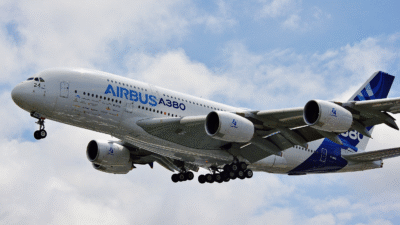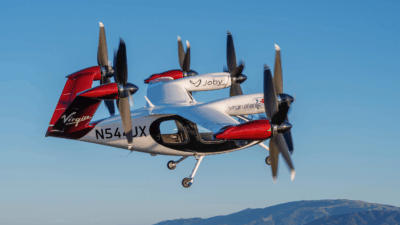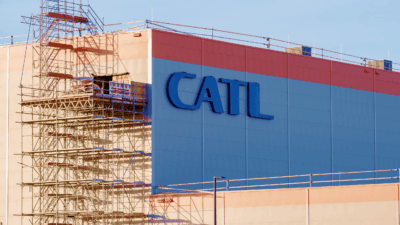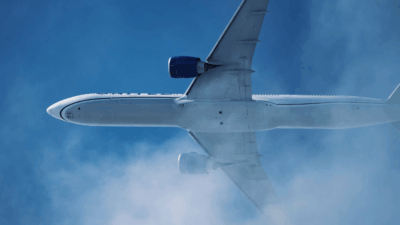The Asia-Pacific Needs 17,600 Jets by 2040, Airbus is (Understandably) Pleased
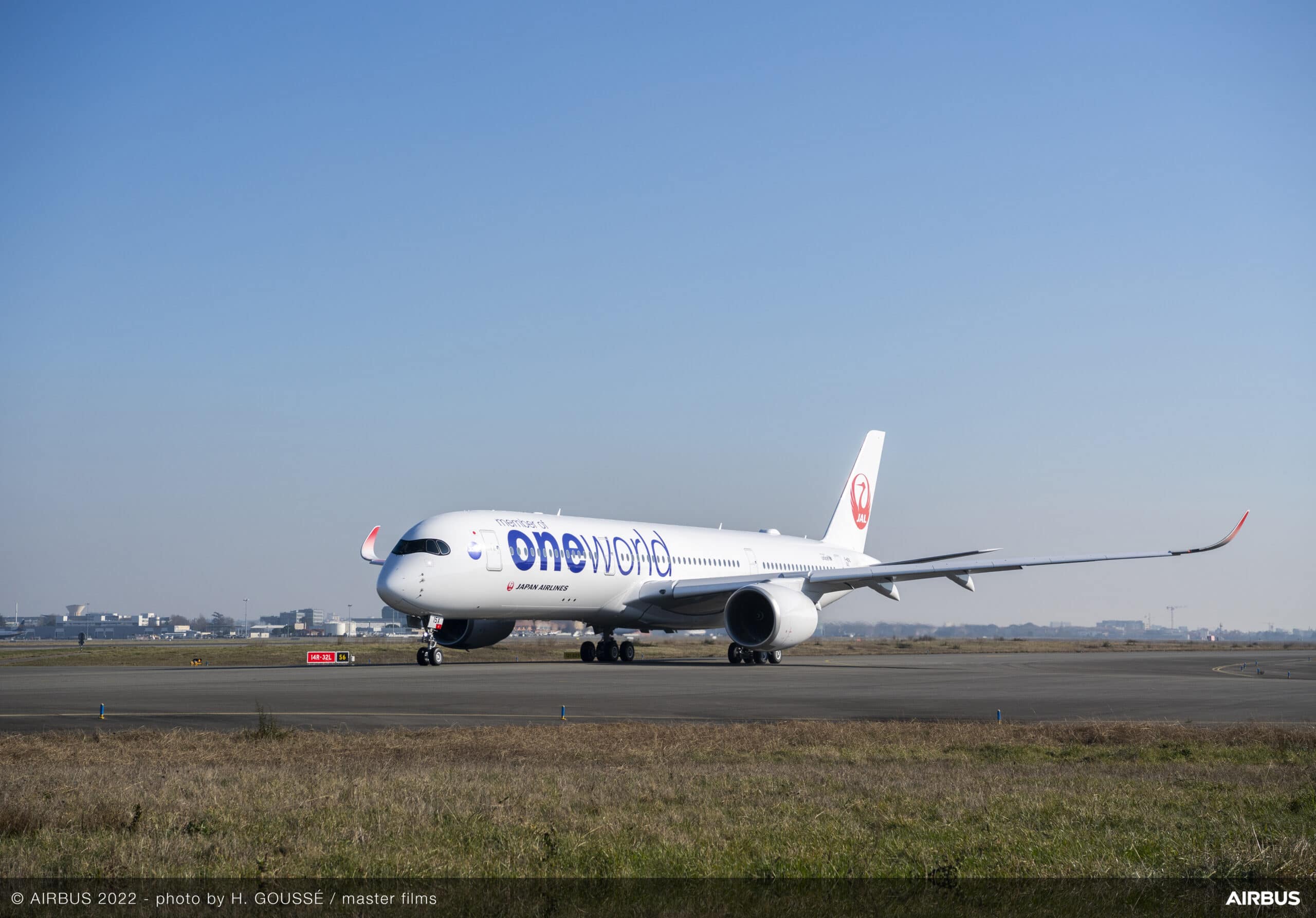
Sign up for smart news, insights, and analysis on the biggest financial stories of the day.
Airbus and Boeing traded blows last year over who could best position themselves to own the world’s growing air cargo market.
Airbus launched a freighter version of its A350 wide-body jet with the aim of seizing a lucrative segment of the jet market that’s long been Boeing’s territory. Boeing launched its own new 777X freighter, with an order from Qatar Airways out of the gate. On Monday, however, rather than sounding like a heated rival, Airbus said the Asia-Pacific region will need 17,600 new planes in the next two decades, making plenty of landing room for both companies to carve out billions.
Boy, You’re Gonna Carry That Freight
The airline market in the Asia-Pacific region simply hasn’t recovered like other parts of the world. Though global travelers in North America have returned to binging on conch fritters and Key Lime Pie in sunny Florida, international passenger traffic in the Asia-Pacific last year stayed 93% below 2019 levels.
The collapse in air travel has put extreme pressure on airlines, but Airbus’s huge backlog of orders protected it from the worst. It also got a leg up when Boeing’s 737 Max was grounded after multiple crashes. The good news for both airlines and jet manufacturers has been Asia-Pacific’s freight revenue, which grew 20.1% last year, after falling 15.4% in 2020. The uptick has been a godsend for Airbus and Boeing, which together hold a virtual duopoly of 99% of the global large plane market, as airlines look to buy both passenger and cargo jets as they ramp up business:
- Airbus said Monday that it expects Asia-Pacific travel will reach 2019 levels between 2023 and 2025, with demand for new planes in the region accounting for over 40% of the company’s global demand.
- The volume of regional air freight in Asia-Pacific is expected to double by 2040, pushing the demand for cargo jets beyond the wildest dreams of their manufacturers.
Trading Them In: According to Reuters, Singapore Airlines could confirm a provisional order for Airbus’ A350 freighter as early as this week, after signing a tentative deal in December. The catch is the airline may ask to cancel passenger jet orders in return.

